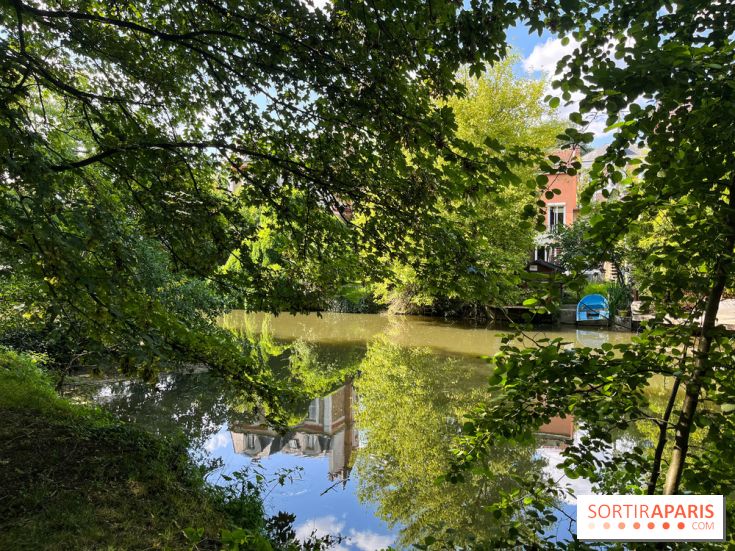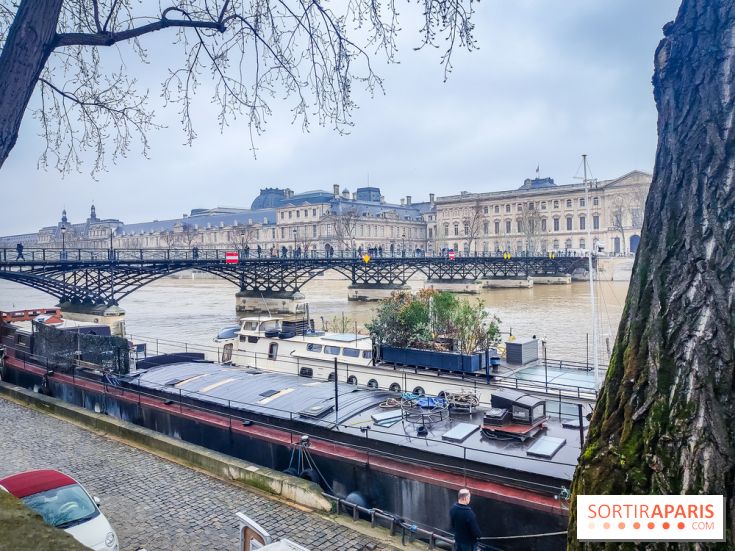Initially, Paris City Hall had had the firm intention of introducing a limited traffic zone in central Paris as early as the second half of 2022. After announcing a postponement until 2024, it was finally after the Paris 2024 Olympics that the restriction was to be implemented. Following a decree signed on Thursday October 31, the Zone à Trafic Limité (ZTL ) should be effective from this Monday November 4, 2024 in the capital's hypercentre. According to Le Parisien, vehicles will be prohibited from crossing this sector of the capital unless they stop. The decree would make several exceptions for deliveries, medical appointments and customers of stores, businesses, restaurants and theaters. Transit traffic would be specifically targeted by this measure.
The aim of this zone is to reduce motorized traffic, thereby improving road safety and air quality. It is also intended to promote a better distribution of public space between pedestrians, cyclists and public transport users. According to impact studies, the introduction of the ZTL should lead to a significant reduction in traffic in central Paris, with positive effects expected on pollution and noise. Major arteries such as Avenue de l'Opéra are expected to see a significant reduction in traffic.
As a reminder, France was condemned by the European Court of Justice in 2019 for failing to comply with air quality standards. Faced with these environmental challenges, the ZTL appears to be a concrete response to limiting transit traffic and promoting more sustainable modes of transport in the 1st, 2nd, 3rd and 4th arrondissements of Paris.
In concrete terms, how will it work to prevent through traffic? A system of signs and controls is envisaged. Checks will be carried out on exiting the zone, with an initial focus on education. Thereafter, it will be necessary to justify one's status as a local resident, for example via a resident's card already in some people's possession, or to prove that one belongs to exempt categories, such as delivery drivers or shopkeepers. In the long term, video tagging could be implemented.















